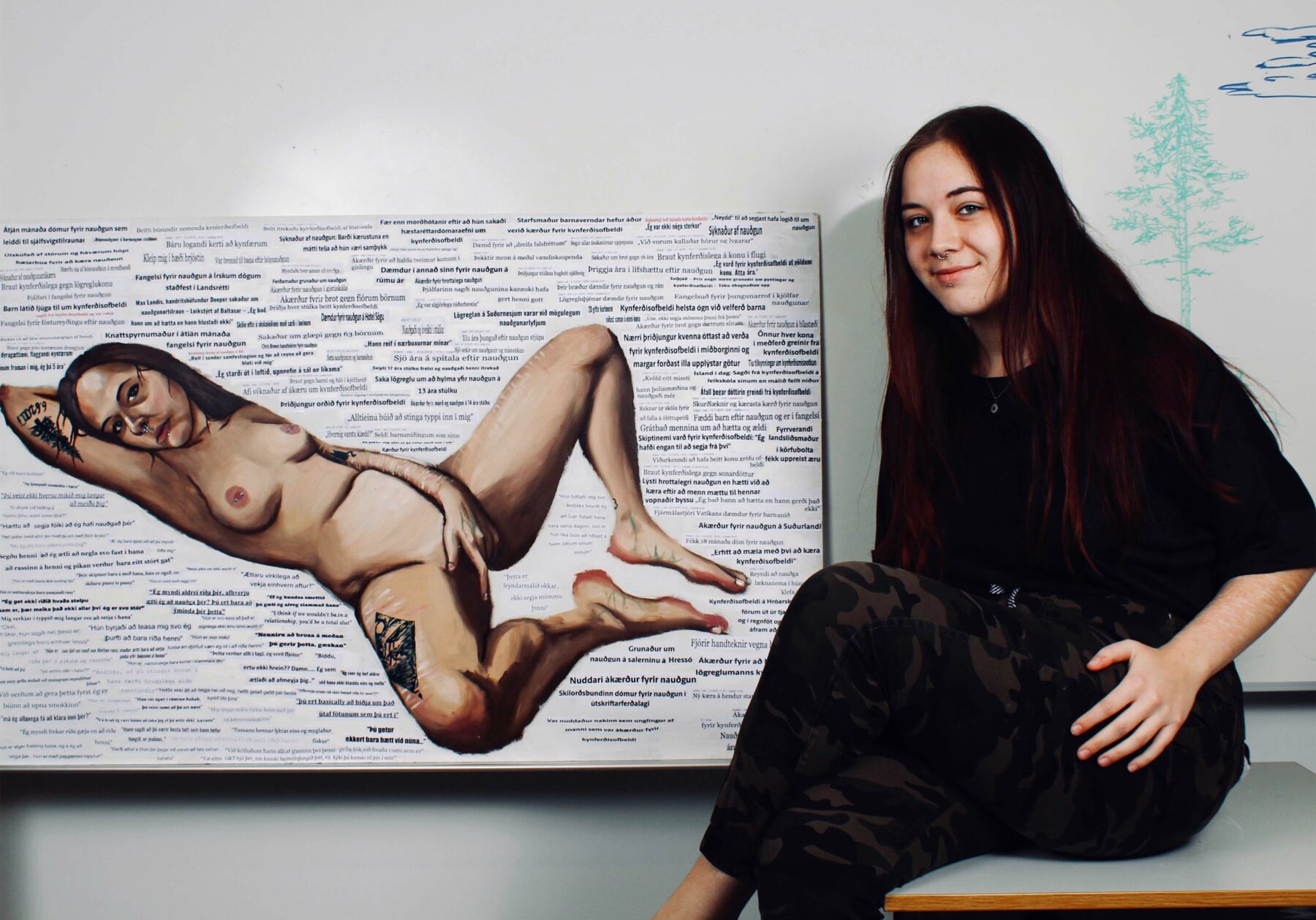

Assault is never justifiable and the victim is never to blame, or is it?
It seems like our society has a different idea about it. Women who dance in erotic styles constantly experience prejudice and sexual harassment for how they choose to express themselves. We deem it important to open up a conversation about assault on dancers who choose to express themselves in a sexual manner, in the hopes of changing people’s perspective on it and seeing it as a choice that no-one should be ashamed for. The two of us are pole and exotic dancers and we would like to explain what erotic dancing styles are about and discuss the judgement and assault that we experience because of them.
Exotic dance is a sensual style of dancing in platform stripper heels, it can include a pole, a chair or just the floor. Clothing varies and doesn’t necessarily have to be removed. Stripping is centered around showcasing the body by removing one or multiple clothing items in an erotic manner while striptease focuses more on teasing the removal rather than taking everything off. Striptease style dancing is often seen in Burlesque, where flirting, teasing and humour are the key elements. In pole dancing any style of dance is combined with using a pole as an apparatus. It can be sensual, purely athletic or a mixture of both.
All of these dancing styles originated in stripclubs and can be combined but are not interchangeable, and all of them take a lot of skill and practice.
Unfortunately, a lot of us who choose to dance in these styles, experience some form of prejudges that has directly to do with its origin in sex work. There is a lot of shame portrayed on women for engaging in sex work or expressing themselves sexually. As performers, this prejudges range from inappropriate comments on our body, being accused of having no self-respect, being stalked after performances, ex-partners shaming us for being “slutty” and being questioned if our boyfriends allow us to dance this way, etc.

We have witnessed as well how many women want to be sexy and express themselves through dance, but are afraid to let themselves go when it comes to touching their bodies, looking at themselves in the mirror and moving sensually. We regularly hear women say that they “just want to learn some moves for their men”, almost as an excuse as to why they want to try exotic dancing.
To that we just want to say: You don’t need an excuse for wanting to feel sexy! It is totally legitimate to do it for no-one but your damn self. Feeling like you have to get permission from your partner to dance the way you want to can be a sign of a toxic relationship.
It should always be your choice and not something that they get to control.
A lot of the judgement revolves around the idea that we just want attention from men and that we don’t respect ourselves. The idea that the only reason a woman would be sexual is for men is not only ridiculous and patronising but also dangerous and unfortunately very common. It is at the very root of rape culture and suggests that a woman who shows any sign of sexual expression (be it a mini-skirt, a sensual dance move or just the fact that she has a vagina) is asking for the attention of men and therefore can be inappropriately approached and/or sexually assaulted without consequences for the perpetrators.
For some reason, our society has very little empathy for women that are openly sexual and considers it a valid enough reason for judgement and assault. That said we have to make an effort to actively unlearn our internalised prejudices and re-inform ourselves in this field. A lot of the prejudices are learned growing up, f.e.through phrases like “good girls don’t act like that” or “no woman that respects herself would dance this way” and therefore they don’t deserve our respect or acceptance.
In reality, these prejudices are just shaming towards women for claiming autonomy over their bodies, in a way that men aren’t.
It’s important when talking about the stigma surrounding exotic dancing to acknowledge its roots in sex work, namely stripping. The judgement that pole and exotic dancers experience for their art style is an extension of the discrimination and marginalisation that sex workers have to endure on a daily basis. The fact that stripping and sex work is in general criminalised here in Iceland not only endangers sex workers — it can prevent cases of human trafficking being detected. It also enforces the stigma that it is something dirty and a taboo which affects the public’s view on pole and exotic dancing as well.
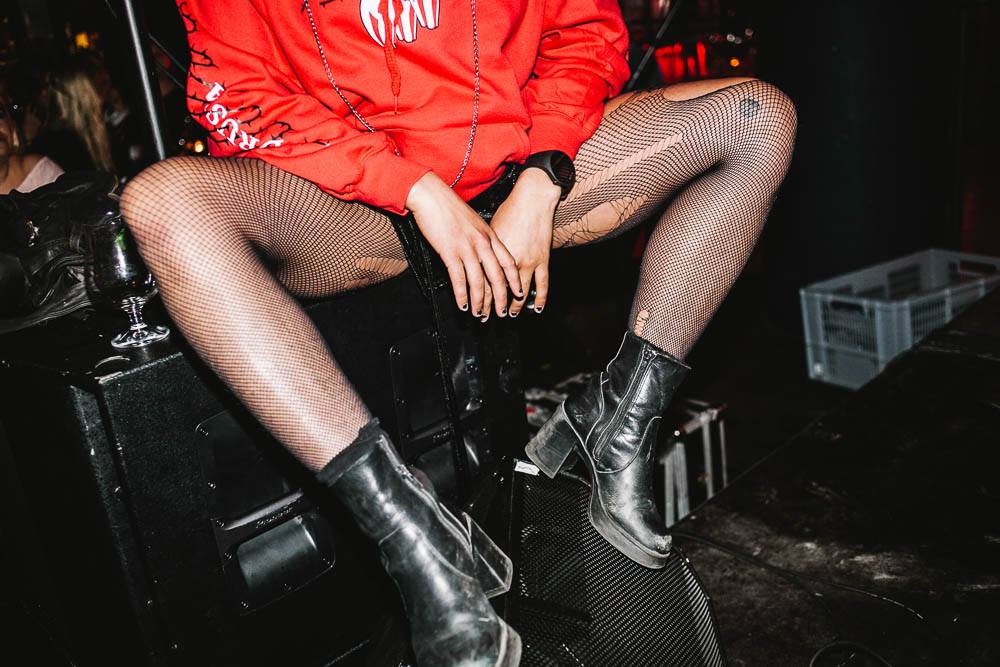
We want to make it very clear that we are in support of sex workers and that it is a valid choice that no one should be discriminated for, which is an outlook that we find is lacking in our community. Everyone should be free to choose their occupation, be it sex work or other, without fearing discrimination for it. We would like to see sex work decriminalised, which would mean that offering or acquiring sexual services would not be culpable and sex workers could operate without fearing the law and would be able to establish better working rights and conditions.
As one of us has worked in a strip club abroad, the experience has been that those places are very much geared towards (heterosexual) men, usually run by men who decide if you are “hot” enough to be a dancer.
The most money isn’t made from stage dances but from selling drinks and private dances, so you spend most of the time hustling patrons. The dancing part of the job was great, but there certainly is a power dynamic because you are putting yourself in a vulnerable position as a dancer, there is a very high rate of sexual assault in the workplace, you usually have no workers’ rights to protect you from getting fired or being able to report assault to authorities and you often have to deal with judgement or abandonment from the outside world. It sends a strong message that women who choose to work in this industry simply deserve this kind of treatment and assault, which is a horrifying approach.
A lot of the fear of not wanting your daughter/sister/friend to become a sex worker presumably comes from a good place, as there are obvious risks, but instead of shaming and dehumanising sex workers we should aim to change these less than ideal working conditions.
The question is not whether sex work should exist, the reality is that it does and banning it puts the most vulnerable people of our society, who often don’t have any other options than to pursue sex work in an even more harmful and dangerous position.
At this point we would like to bring attention to the Red Umbrella Project (Rauða Regnhlífin) which is an activist group fighting for sex workers’ rights and decriminalisation here in Iceland and internationally. By dehumanising sex workers we are removing ourselves from the responsibility of seeing them as individuals that deserve support and instead put the blame on them, because only “broken or damaged” people could ever choose to do this type of work, which is an awful way of thinking and simply not true.
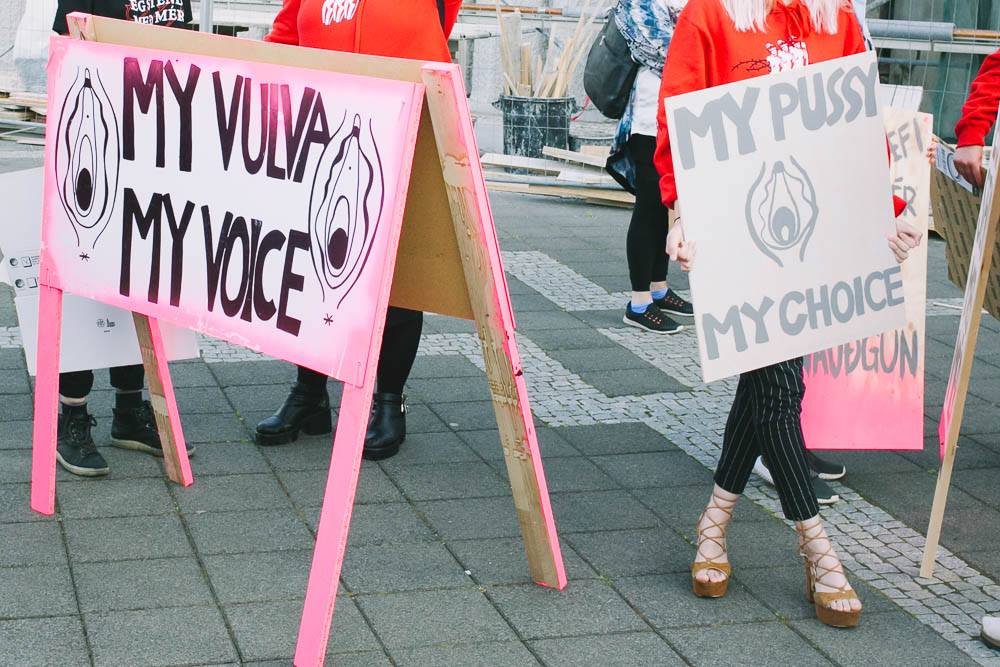
We have seen and experienced first hand how empowering and transformative exotic dancing, pole dancing, Burlesque and any similar style of erotic dancing can be and contrary to its origins in stripclubs, we are fully in charge of however we want to live it out. Being sexy for yourself and getting comfortable with your body is a form of self-love.
Our sexuality as women is ours to explore and express and we shouldn’t let anyone take that from us. Exotic dancing aims to take back control over our own sexual expression, it isn’t about satisfying a male gaze but deciding how we want to present ourselves.
We would love to initiate a further discussion and hear other comments about this topic as we feel that there is a need to talk more openly about it.
— To get more information on the Red Umbrella Project and their work, it is possible to find them on Facebook: https://www.facebook.com/raudaregnhlifin
— To learn more about the experience and struggles of being a sex worker in Iceland, we want to refer to the podcast episode “Anton the Escort”: https://open.spotify.com
— To hear more about the stigma from the perspective of strippers around the world, we’d like to point out the podcast “Yes, a stripper Podcast”: https://open.spotify.com
Do you support Vía?
Vía counts on your support. By subscribing to Vía you contribute to the future of a medium that specializes in, and puts emphasis on equality and diversity.
Vía, formerly known as Flóra, was founded 4 years ago for critical readers that want to dive underneath the superficial layer of social discussion and see it from an equality, inclusion, and diversity perspective.
From the beginning, Vía has covered urgent societal topics and published issues and articles that have shone a light on inequality, prejudice, and violence that exist in all layers of society.
We emphasize publishing stories from people with lived experiences of marginalization.
Every contribution, big and small, enables us to continually produce content aimed to educate and shine a light on hidden inequalities in society, and is essential for our continuing work.
Support Vía
How Does One Become Vulnerable? The Multiple Vulnerabilities and Types of Abuse Women of Multi-Ethnic Origins Experience in Iceland

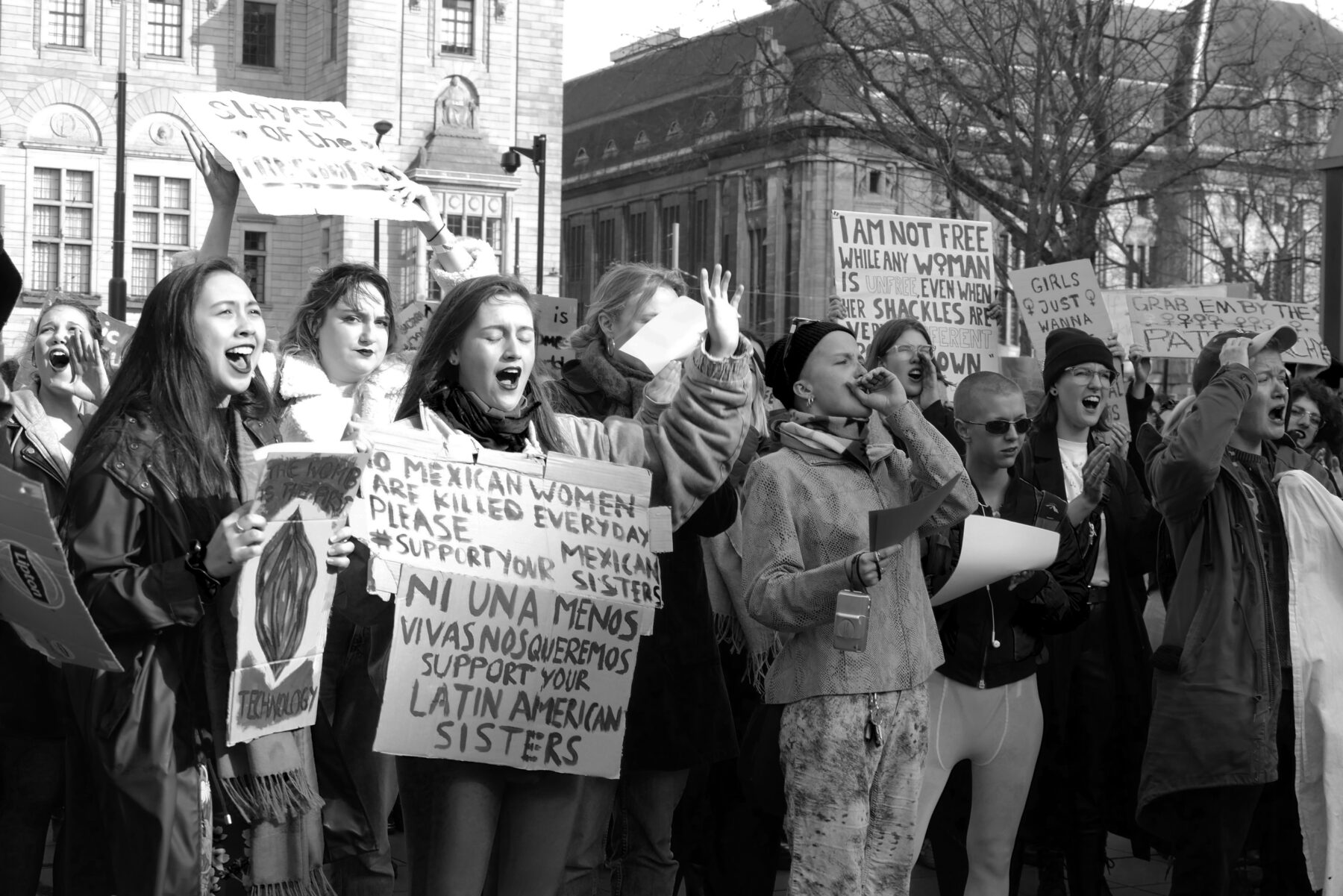
My Right to Exist
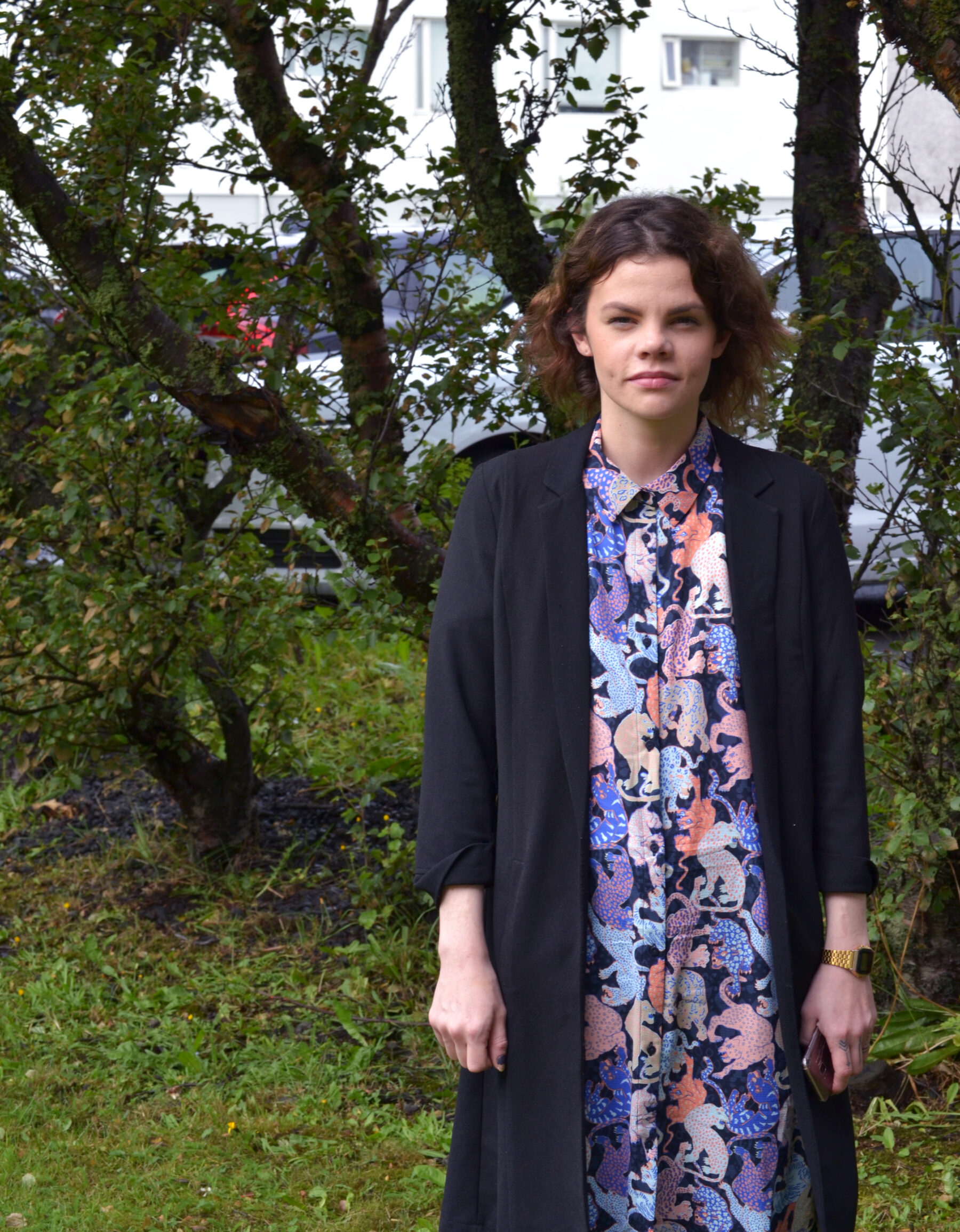

Sequeerity

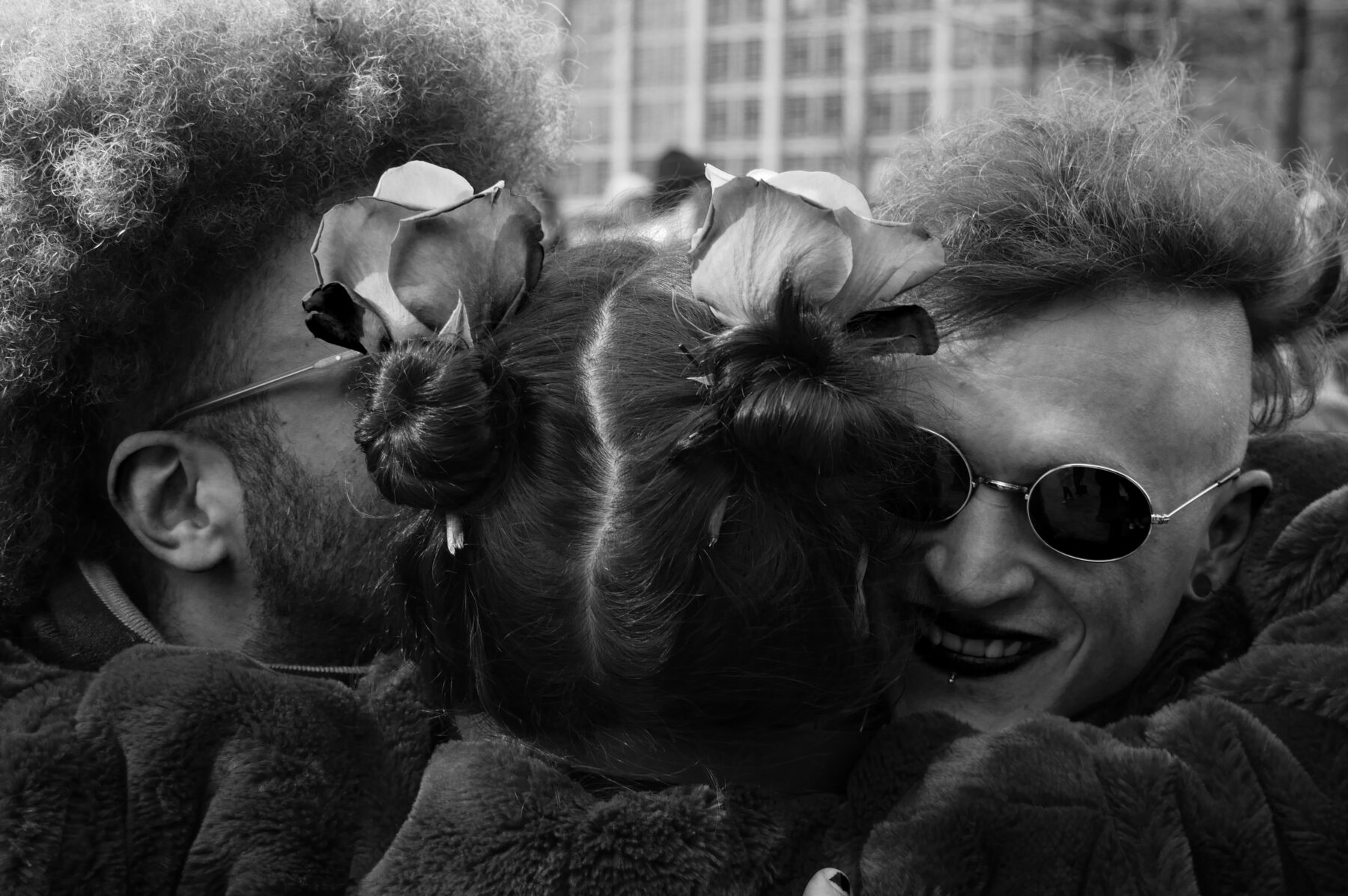
Sexual violence -A Day in the Life of a Woman-

